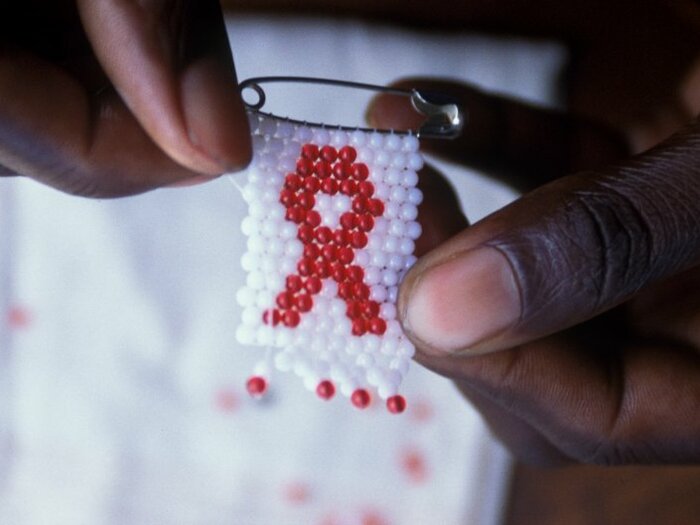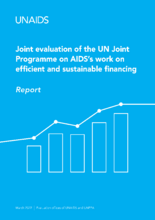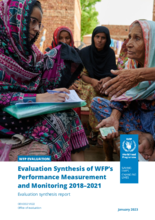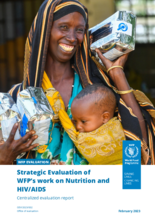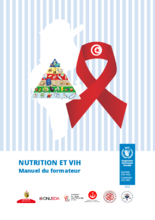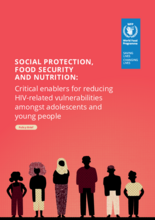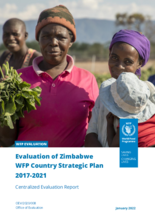HIV/AIDS and tuberculosis
- 400.000 people
- living with HIV/AIDS and their families received WFP assistance in 2019
- 18 countries
- received assistance for tuberculosis and HIV/AIDS prevention activities in 2019
HIV remains one of the great challenges of our time. More people than ever – an estimated 36.9 million – are infected, with adolescent girls and young women disproportionately affected. Tuberculosis (TB) is a leading killer of HIV-positive people: People living with HIV are from 26-31 times more likely to develop TB than those without HIV.
HIV can trap those it affects in a downward spiral: People living with HIV and TB need more calories and nutrients in their diet in order to strengthen their immune system, but they often have poorer appetites and are less able to absorb the nutrients in their food. HIV also increases susceptibility to diarrhoea and infections.
If left untreated, HIV gradually destroys the immune system and results in weight loss and wasting, often worsening existing malnutrition. At the same time, HIV patients who begin treatment when they are malnourished are three to five times more likely to die than those who are not.
HIV is most prevalent in areas of widespread poverty and food insecurity, affecting populations with already limited access to a healthy diet. HIV and TB often compound pre-existing food insecurity and malnutrition in a vicious cycle: Costs of medical care and loss of income (due to prolonged illness or stigma) increase food insecurity, while people who are food-insecure often engage in risky coping behavior which may put them at risk of HIV infection. Food insecure people are also less likely to adhere to treatment.
The integration of a comprehensive food and nutrition component in the HIV and TB treatment and support package is critical in ensuring better health outcomes for people living with these conditions.

